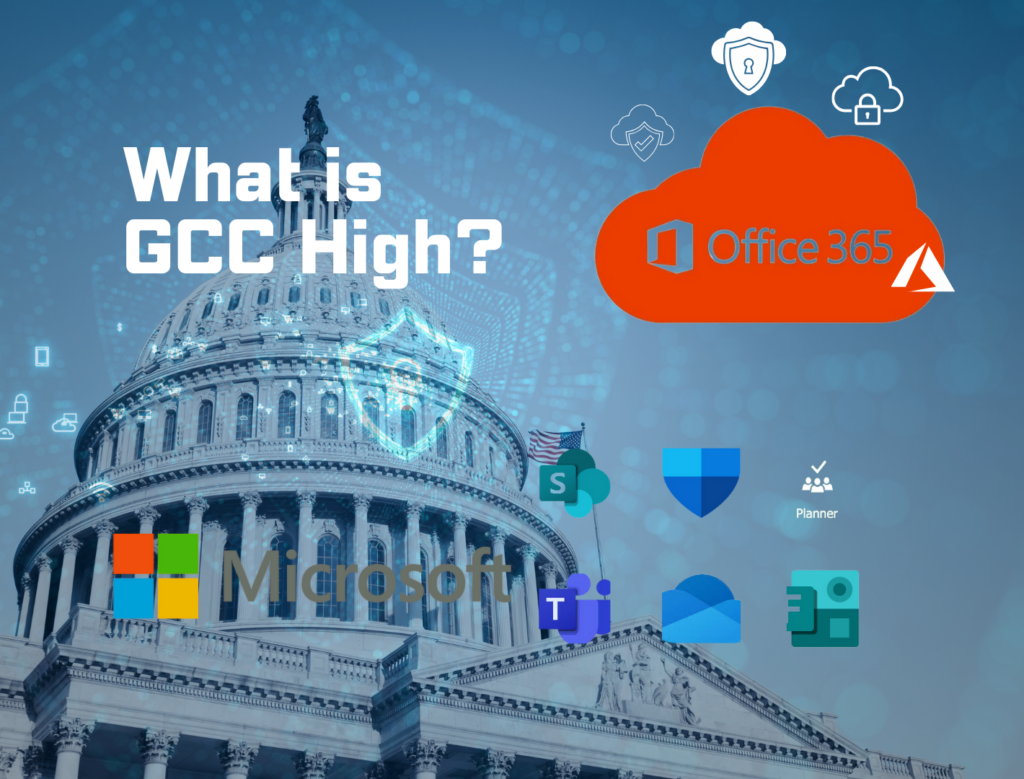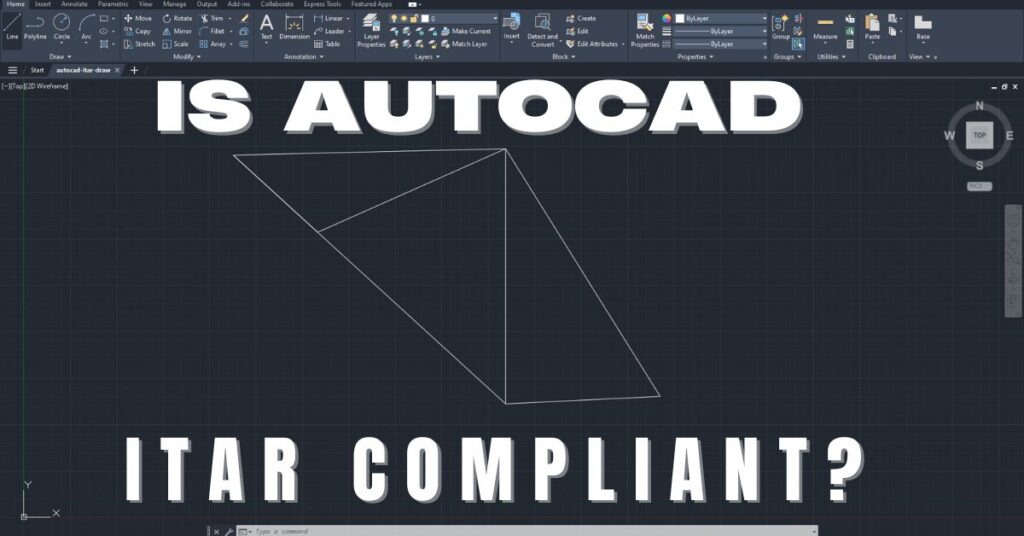Understanding Export Control Classification Numbers (ECCN)
International trade relies on vital export control regulations, pivotal for firms handling strategic goods and technologies. The U.S. Department of Commerce’s Bureau of Industry and Security (BIS) administers this controls, and Export Control Classification Numbers (ECCNs) are instrumental. ECCNs categorize items, dictating whether they fall under export controls. Understanding and appropriately assigning ECCNs is imperative for companies to navigate and comply with trade restrictions. Ultimately, this helps ensure a lawful and secure flow of goods and technologies across borders. This system aids in safeguarding national security interests and maintaining the delicate balance of international trade relations.
What is an ECCN?
An ECCN is a five-character alphanumeric code used to identify items that are subject to U.S. export regulations. The ECCN determines the level of control that applies to an item and indicates the licensing requirements for its exportation. It also helps in determining if a license is needed to export an item to a specific destination or end-user.
How is an ECCN determined?
The ECCN is determined based on the technical specifications, intended use, and end-user of the item. BIS publishes the Commerce Control List (CCL), which categorizes items based on their level of control. Items on the CCL are assigned an ECCN that corresponds to a specific category.
ECCN Categories
There are ten broad categories of items on the CCL. These include:
- Nuclear materials, facilities, and equipment
- Materials, chemicals, microorganisms, and toxins
- Materials processing
- Electronics design, development, and production
- Computers
- Telecommunications and information security
- Sensors and lasers
- Navigation and avionics
- Marine
- Aerospace and propulsion
Each category is further divided into five product groups, and each product group has specific control parameters. The CCL is regularly updated, and it’s essential to stay up-to-date with the latest changes.
ECCN Licensing Requirements
Exporters must determine the ECCN of the item they wish to export and ensure that they comply with the corresponding licensing requirements. The licensing requirements depend on the destination country, the end-user, and the intended use of the item. In some cases, no license may be required, while in others, a license may be needed for the same item depending on the destination country or the end-user.
Consequences of Non-Compliance
Exporters who fail to comply with ECCN licensing requirements can face severe penalties, including fines, imprisonment, and loss of export privileges. The penalties can also extend to the company’s officers and employees who may be held individually liable for non-compliance.
Conclusion
In summary, understanding ECCNs is critical for companies engaged in international trade. It’s essential to determine the ECCN of the item you wish to export and ensure compliance with the licensing requirements. Failure to comply can have severe consequences, and it’s always advisable to seek legal advice or consult with BIS when in doubt. We hope this article has provided you with a comprehensive understanding of ECCNs and how they relate to U.S. export controls. If you have any questions or require further information, please feel free to contact us.
Share in Social Media
See More Case Studies

Securing Defense Contracts: A DFARS 252.204-7012 Compliance Case Study
Discover how Cleared Systems helped a Federal Contractor successfully achieve DFARS 252.204-7012 compliance by strengthening its cybersecurity posture, giving it a competitive edge when bidding for DoD Contracts.

What is GCC High? For ITAR & CMMC 2.0
Microsoft 365 Government Community Cloud (GCC) High is a specialized cloud solution tailored for U.S. federal, state, local, tribal, and territorial government organizations, as well as for contractors who hold or process data subject to specific security regulations. In this article, we will explore the features, benefits, and differences between Microsoft 365 GCC High and other Office 365 offerings.

Is AutoCAD ITAR Compliant? A Comprehensive Guide for Defense Manufacturers
Defense contractors and manufacturers working with sensitive military technologies face a critical question when selecting computer-aided design software: Is AutoCAD ITAR compliant? This question becomes

How to Get Help in Windows: Guide to Security and Compliance Support
In today’s digital landscape, ensuring your computer systems are secure and compliant with industry regulations is essential for both businesses and individuals. Windows, as one

Microsoft Copilot for GCC High: Enhancing Security and Compliance
In today’s fast-evolving digital landscape, organizations that handle sensitive data, particularly those in government sectors or defense contractors, face growing pressure to maintain strict security
Partner with Us for Compliance & Protection
We’re happy to answer any questions you may have and help you determine which of our services best fit your needs.
Your benefits:
- Client-oriented
- Security
- Compliance
- Peace of mind
- Efficiency
- Trust
What happens next?
Schedule an initial meeting
Arrange a discovery and assessment call
Tailor a proposal and solution
